What AirBnB's struggles with racism say about a radically decentralized economy
If you think discrimination is bad, but you don't like lawsuits and you don't like government regulation, how exactly do you intend to combat those things?

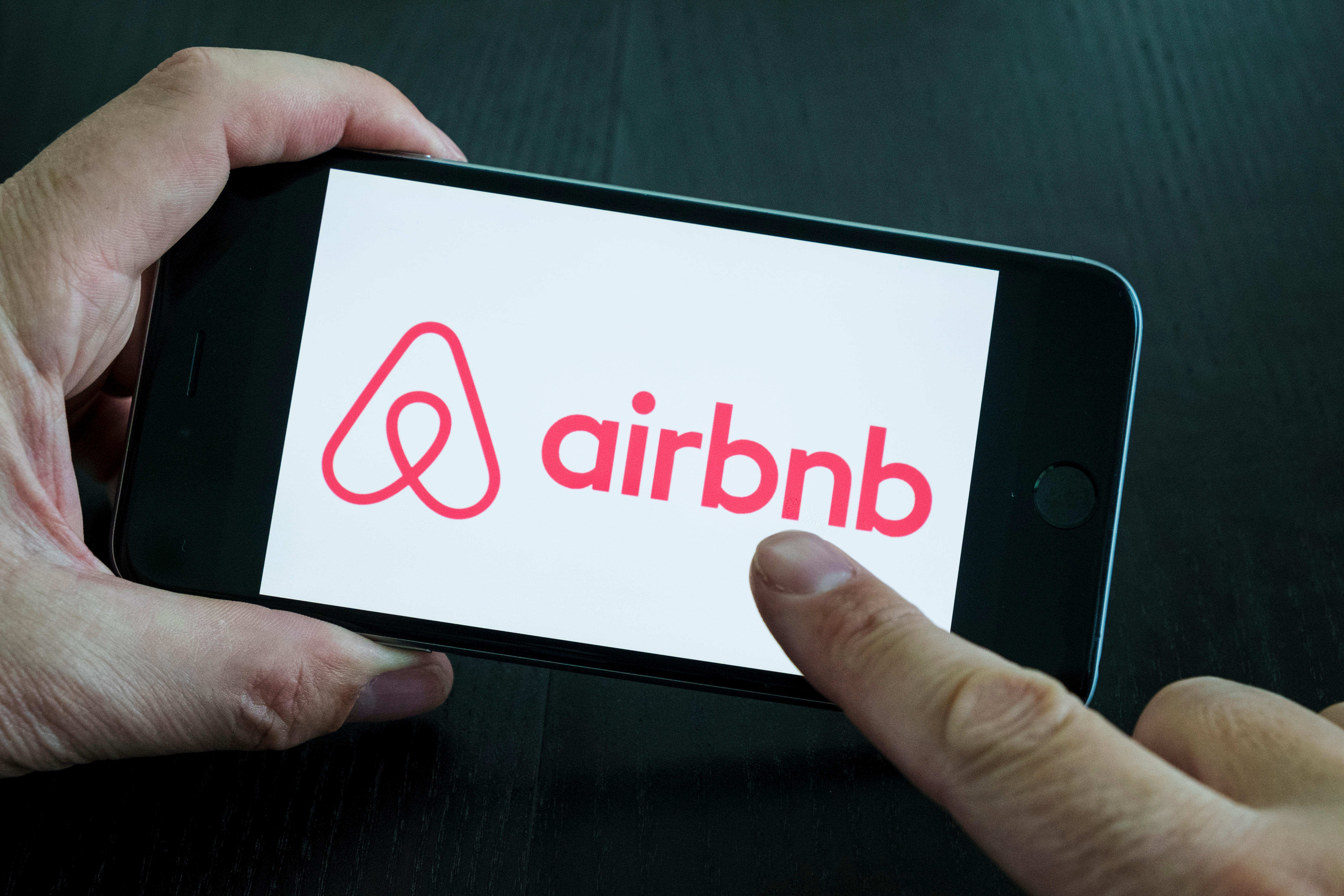
A free daily email with the biggest news stories of the day – and the best features from TheWeek.com
You are now subscribed
Your newsletter sign-up was successful
The house-sharing app AirBnB was founded on the power of trust. More specifically, it was founded on the idea that trust can be enhanced with the right business and website design. Yet Airbnb reportedly has a racism problem.
A 2014 study out of Harvard Business School found that, after accounting for rental factors like location, features, and quality, hosts that weren't black were able to charge about 12 percent more than black hosts. At the start of 2016, the same team followed up with a second study, where they sent out requests for rentals to 6,400 listings on AirBnB in five cities. Their analysis found that applicants with names that sounded more African-American — Tamika, Darnell, Rasheed — were denied 16 percent more often than nearly identical profiles with more Anglo-Saxon-sounding names like Kristen or Brad.
The hashtag #AirBnBWhileBlack also got started this year on Twitter, as users recounted various experiences where they suspect they were turned down because of discrimination. A few enterprising users even ran their own experiments — removing pictures of themselves from their profiles and changing their name. Many of them said it worked.
The Week
Escape your echo chamber. Get the facts behind the news, plus analysis from multiple perspectives.

Sign up for The Week's Free Newsletters
From our morning news briefing to a weekly Good News Newsletter, get the best of The Week delivered directly to your inbox.
From our morning news briefing to a weekly Good News Newsletter, get the best of The Week delivered directly to your inbox.
In May, AirBnB themselves told BuzzFeed, "We recognize that bias and discrimination present significant challenges, and we are taking steps to address them." At the same time, the company has resisted ideas like removing the photo option from profiles or allowing potential renters to post anonymous profiles, based on the belief that transparency is crucial to the trust the business' peer-to-peer network is founded on.
There are a lot of observations that can be made here: It shows how depressingly deep-rooted and tough-to-eradicate prejudices can be in any society. And it bears at least an unsettling resemblance to the way African-Americans were long denied avenues to building wealth and incomes through real estate.
But it also raises questions about what the sharing economy purports to be.
Because here's another wrinkle: It turns out the legal contract hosts and renters sign when using AirBnB actually makes doing anything about discrimination on the site unusually difficult. "Airbnb requires that people agree to waive their right to sue, or to join in any class-action lawsuit or class-action arbitration, to use the service," The New York Times reported.
A free daily email with the biggest news stories of the day – and the best features from TheWeek.com
Now, from a certain angle, this makes sense. Free-market types have long held a low opinion of litigation and class-action lawsuits, and regularly try to pass laws reining in Americans' access to the courts. At the same time, one of the primary stories told by enthusiasts of the sharing economy is that apps like AirBnB break down the old, clunky social compact for how to do business in America — one that combines impersonally bureaucratic private companies on one side and a big overbearing central government on the other. Both stances are part of conservatives' and libertarians' longing for what they see as a freer world of countless nimble innovators, all trading without the red tape and extra costs of excessive regulation and litigation.
The question raised by AirBnB's racism problem, though, is this: If you think prejudice and discrimination in the arena of economic activity are bad, but you don't like lawsuits and you don't like government regulation, how exactly do you intend to combat those things? "Class-action lawsuits have been particularly effective legal tools to press companies on their discrimination policies over the years," civil rights lawyers told the Times.
In fact, it's highly likely that there's an inverse relationship between litigation and regulation in first-world countries. While Americans outpace most other advanced nations in class-action lawsuits, those countries actually have far more demanding regulatory environments than the U.S. does. To organize a social and economic activity around a particular set of moral values — like equality and non-discrimination, for instance — it seems like either a strong regulatory government or an ever-present threat of lawsuits is needed.
The unspoken assumption of many sharing economy defenders, though, is that people don't need either to organize themselves into productive and functional societies. The whole sharing economy is something of an experiment that its supporters hope will prove the viability of a radically decentralized economy.
Unless, of course, the sharing economy proves the opposite.
The question of discrimination is only one of many examples. The lack of rules and structures in the sharing economy can make it difficult to do things about property destruction by AirBnB users, for instance, or about sexual harassment of people using ride sharing apps. How to handle safety regulations and responsibility when an AirBnB user is hurt on a host's property is also a huge question.
The author G.K. Chesterton once noted that no one should be allowed to tear down a fence until they can articulate the reason for why it was erected in the first place. The sharing economy's enthusiasts are tearing down a number of fences. And now that the barriers are gone, many Americans are starting to remember why they were built in the first place.
Jeff Spross was the economics and business correspondent at TheWeek.com. He was previously a reporter at ThinkProgress.
-
 How the FCC’s ‘equal time’ rule works
How the FCC’s ‘equal time’ rule worksIn the Spotlight The law is at the heart of the Colbert-CBS conflict
-
 What is the endgame in the DHS shutdown?
What is the endgame in the DHS shutdown?Today’s Big Question Democrats want to rein in ICE’s immigration crackdown
-
 ‘Poor time management isn’t just an inconvenience’
‘Poor time management isn’t just an inconvenience’Instant Opinion Opinion, comment and editorials of the day
-
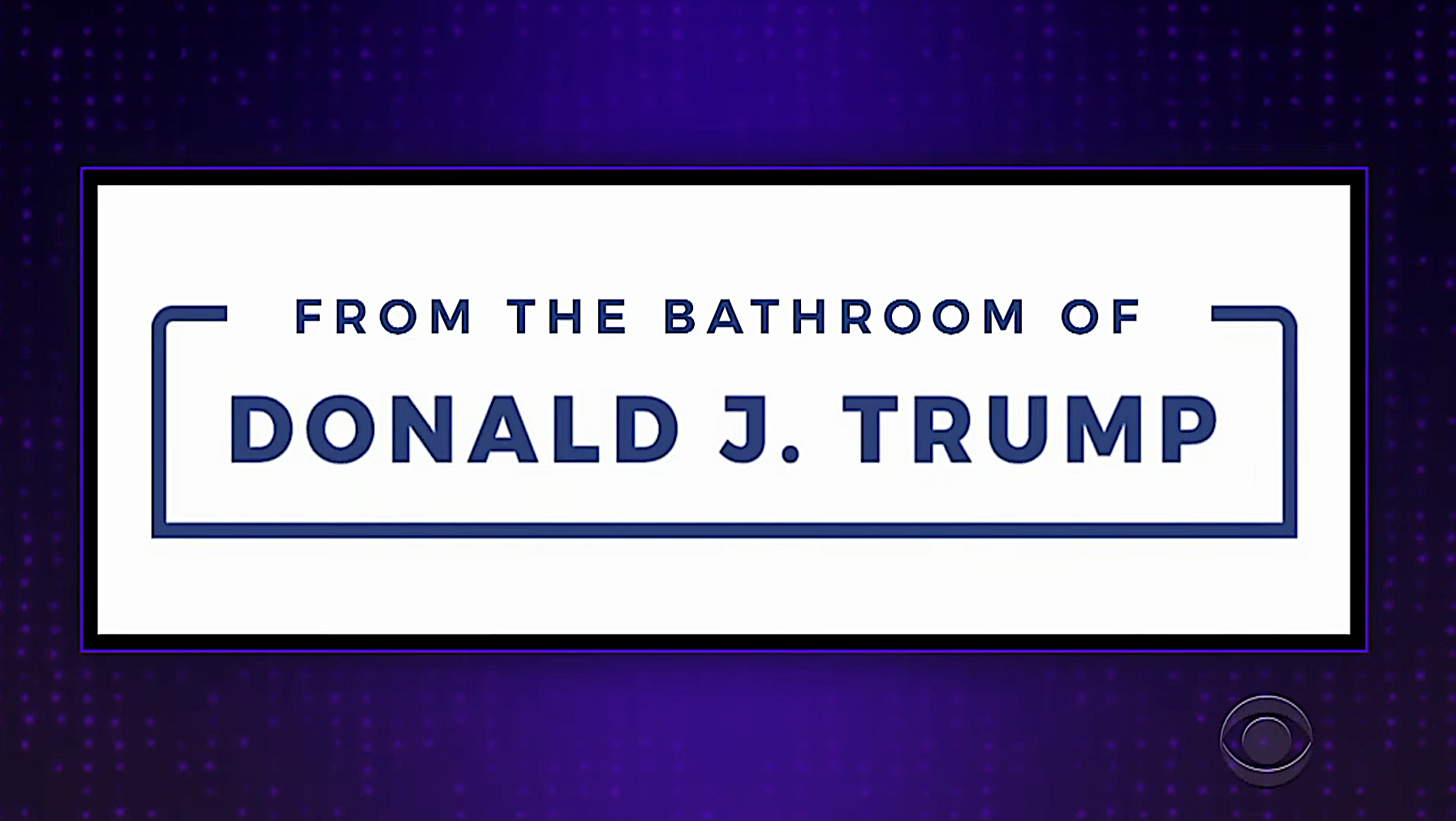 Late night hosts joke about Trump's forced exodus from Facebook to blog
Late night hosts joke about Trump's forced exodus from Facebook to blogSpeed Read
-
 Fox News admits Biden doesn't actually want to cancel meat. Late night hosts pounce anyway.
Fox News admits Biden doesn't actually want to cancel meat. Late night hosts pounce anyway.Speed Read
-
 Manhattan D.A. will stop prosecuting sex workers, not their clients, pimps, or sex traffickers
Manhattan D.A. will stop prosecuting sex workers, not their clients, pimps, or sex traffickersSpeed Read
-
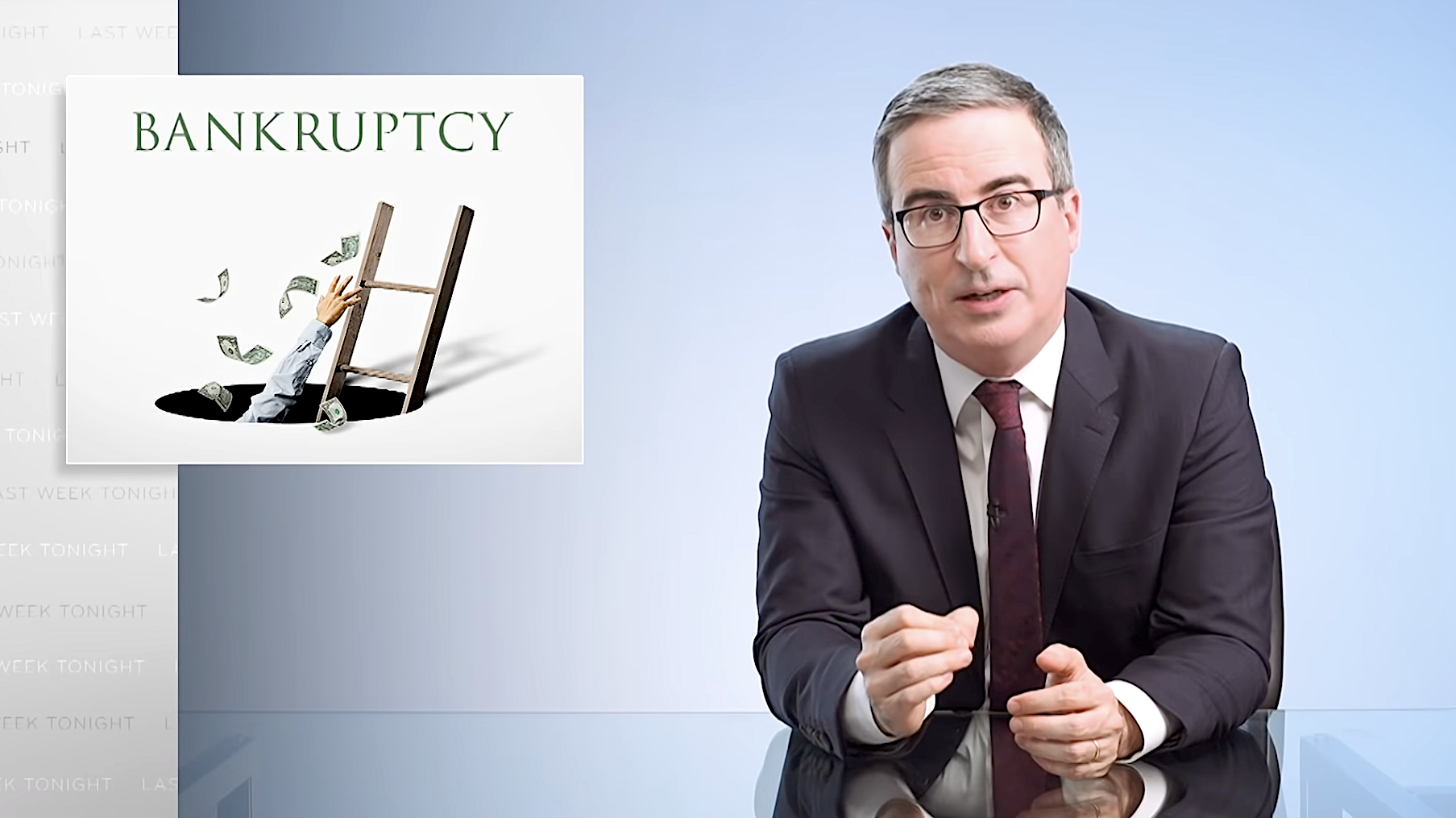 John Oliver explains personal bankruptcy, how credit card lobbyists and lawyers make it much worse
John Oliver explains personal bankruptcy, how credit card lobbyists and lawyers make it much worseSpeed Read
-
 John Oliver explores problems with U.S. nursing homes and long-term care, suggests you pay attention
John Oliver explores problems with U.S. nursing homes and long-term care, suggests you pay attentionSpeed Read
-
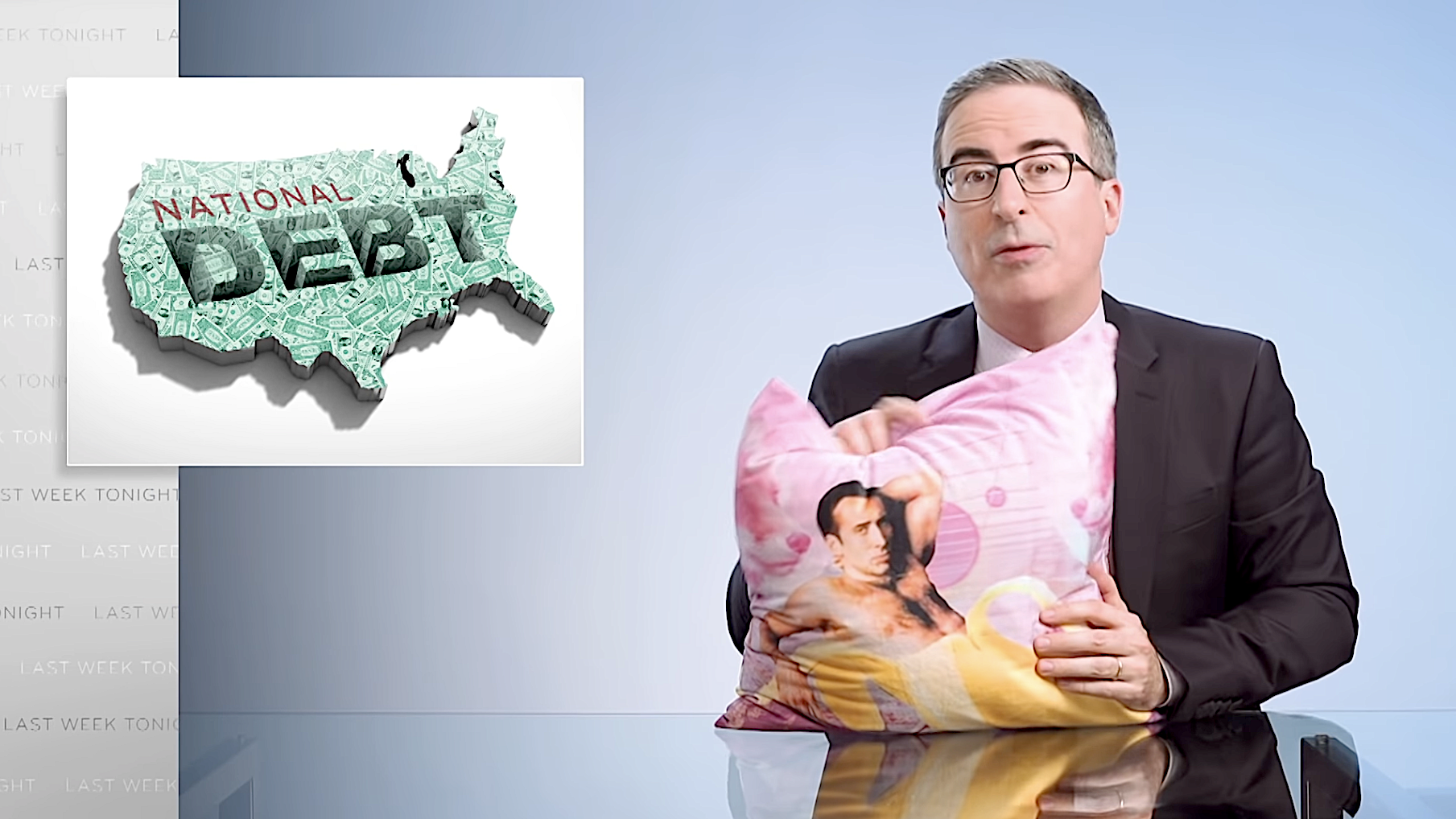 John Oliver tries to explain whether you should worry about the enormous U.S. national debt
John Oliver tries to explain whether you should worry about the enormous U.S. national debtSpeed Read
-
 Late night hosts laugh at the giant ship blocking the Suez Canal, chide Fox News for fake Kamala Harris scandal
Late night hosts laugh at the giant ship blocking the Suez Canal, chide Fox News for fake Kamala Harris scandalSpeed Read
-
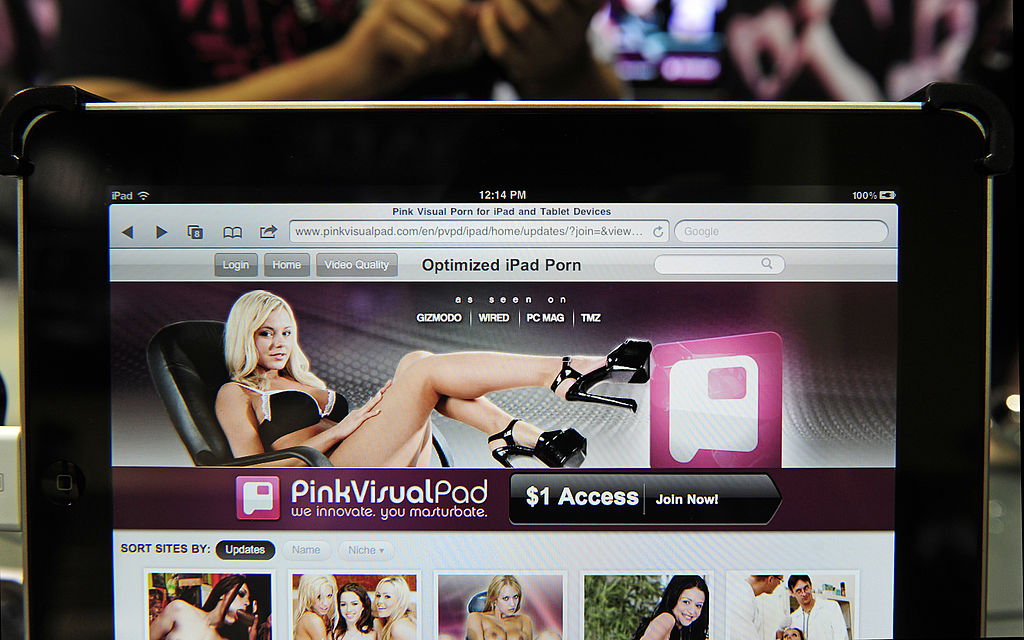 Utah governor signs bill requiring porn blocking on all new smartphones and tablets
Utah governor signs bill requiring porn blocking on all new smartphones and tabletsSpeed Read
